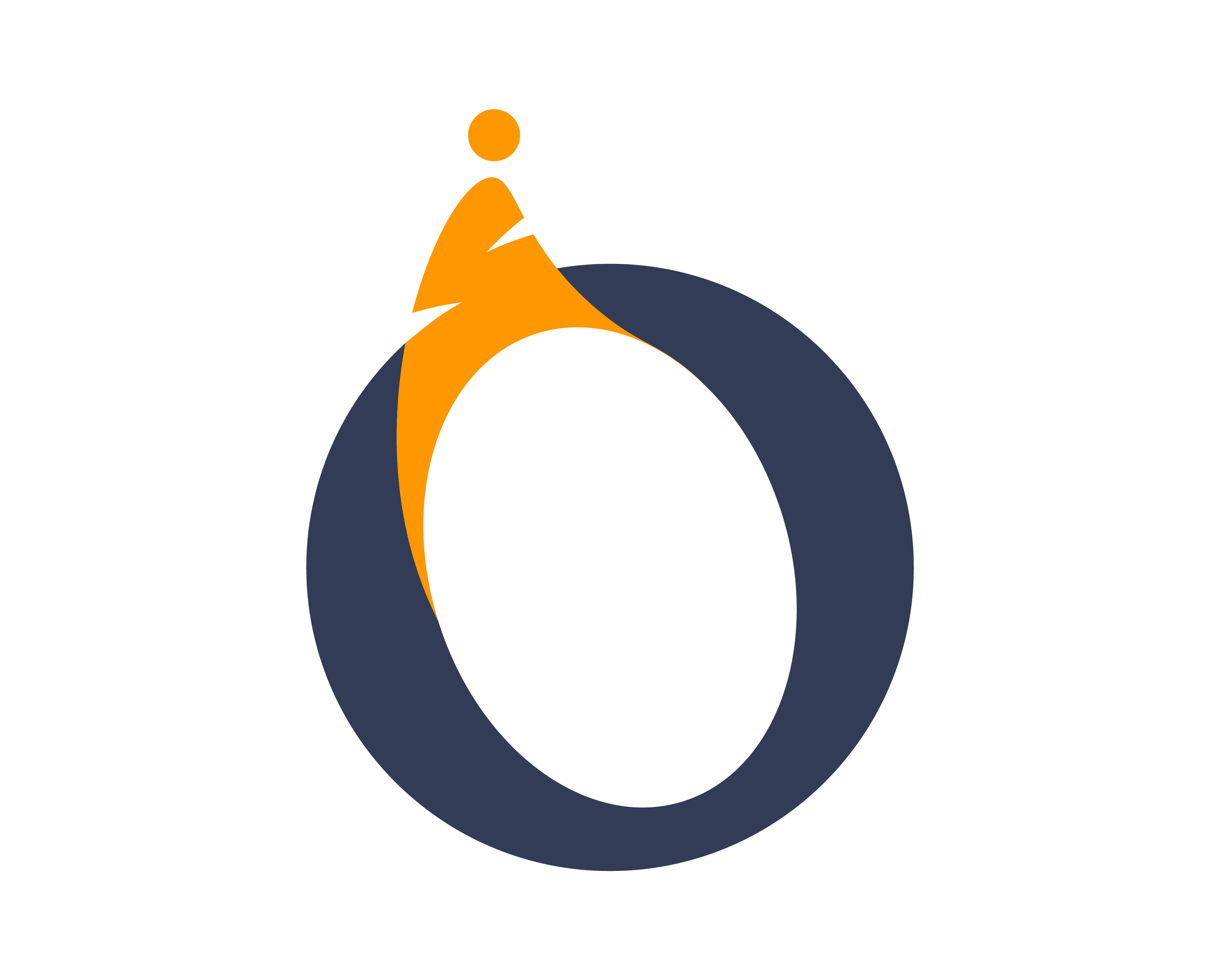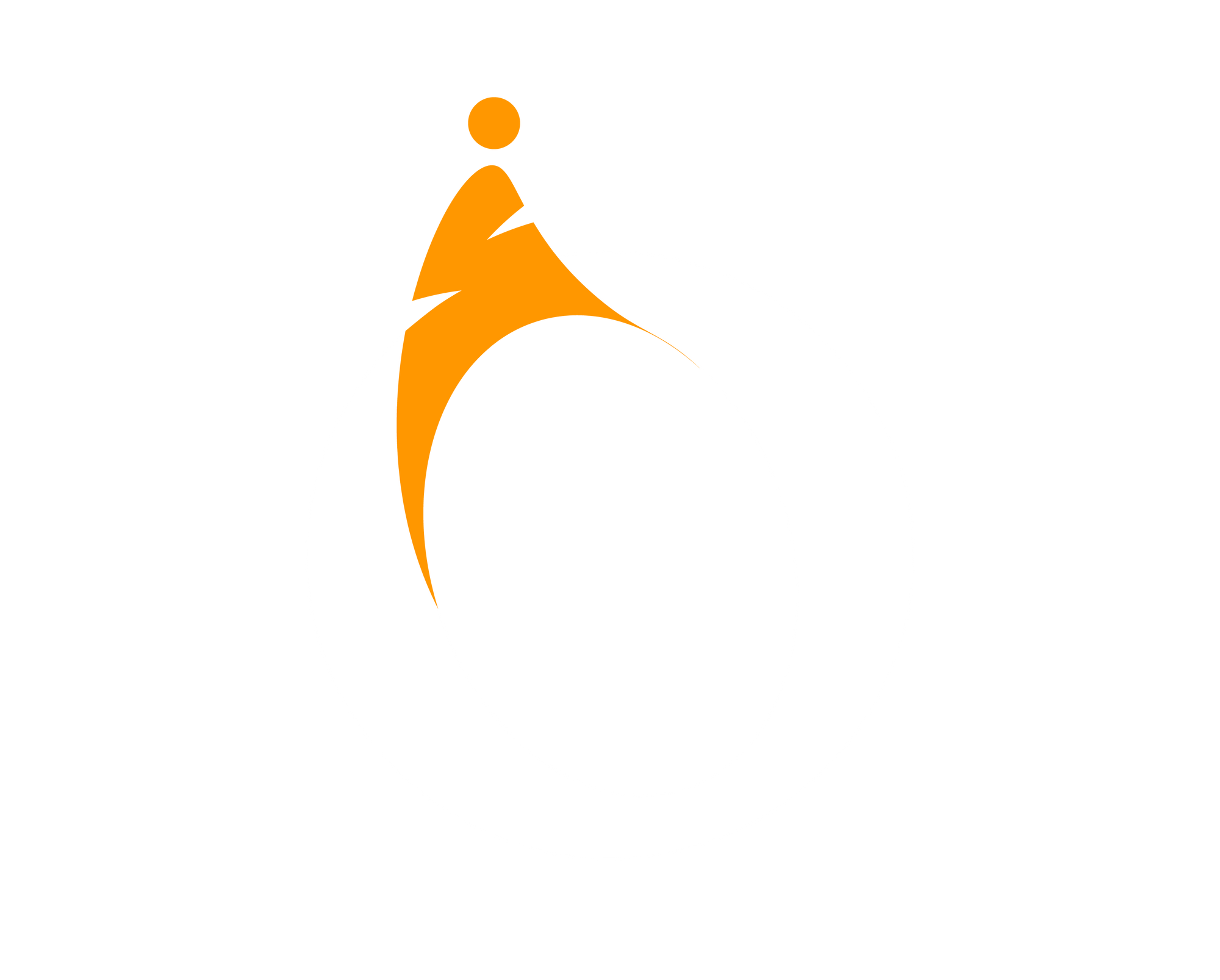Chapter 1.1: Importance of Dreams
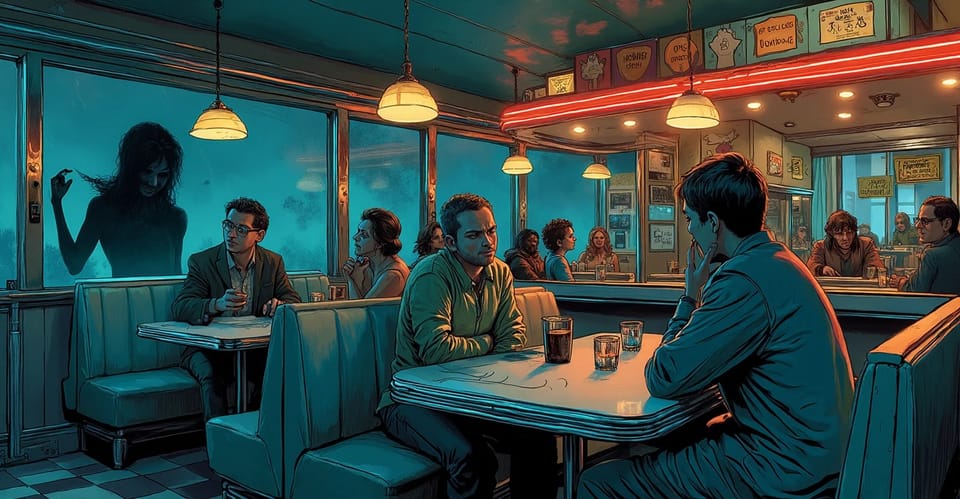
In a realm where consciousness bled into the ether and imagination spun threads of gossamer realities, Oneiros, the personification of dreams, spun his tales and fables. A timeless being, he shaped dreams of knights and dragons, romance and intrigue, fear and joy, weaving them into the minds of mortals as they surrendered to the tranquil arms of sleep.
If you are here to read these pages then you probably care what I think about the world of entrepreneurship for some reason. This is why I decided that Chapter 1 should not be a glorification of entrepreneurship, but a cautionary tale.
Looking ahead, we are likely to see an unprecedented surge in the number of tech entrepreneurs.
The panel discussion I alluded to in the introduction was centred on how AI, specifically Large Language Models and ChatGPT, might reshape the landscape of entrepreneurship.
I posited that roles traditionally held by CEOs could be partially assumed or at least enhanced by ChatGPT, as content creation—a significant component of a CEO's responsibilities—is something at which ChatGPT excels, often surpassing human efficiency.
Additionally, I pointed out that CEOs often exhibit a propensity for hard work, competitiveness, and a relentless pursuit of efficiency. While these traits are generally advantageous in their roles, I suggested that an underlying issue might exist if these characteristics reach extreme levels.
This was me trying to be funny, but attempts at humour often carry a nugget of truth hidden within.
However, I was surprised to learn that people did not want to use LLMs to replace CEOs and they instead turned on Software Engineers. Vibe coding became a thing and non-tech people started launching imaginary apps that kind of work instead of just registering domain names for their half baked business ideas.
They did not want to remove CEOs, they wanted to be CEOs. Which is just sad, really.
There must be intrinsic motivations compelling people to become entrepreneurs and high level executives. Factors that delve deeper than merely achieving social status. After all, our society today largely extols such pursuits.
Recently I read an insightful quote from an unknown Twitter author: "If a monkey hoarded more bananas than it could eat, while most of the other monkeys starved, then the starving group of monkeys, being sensible creatures, would simply beat it to death."
While the guy who wrote this was probably just trying to make fun of capitalism, his analogy prompts us to question our own behaviours, although in todays world the greedy monkey would probably be an amazing Instagram micro niche influencer.
So what is actually wrong with CEOs and entrepreneurs? Especially tech entrepreneurs.
I have no idea, but I do know that in the late 80s, Neil Gaiman wrote "The Sandman".
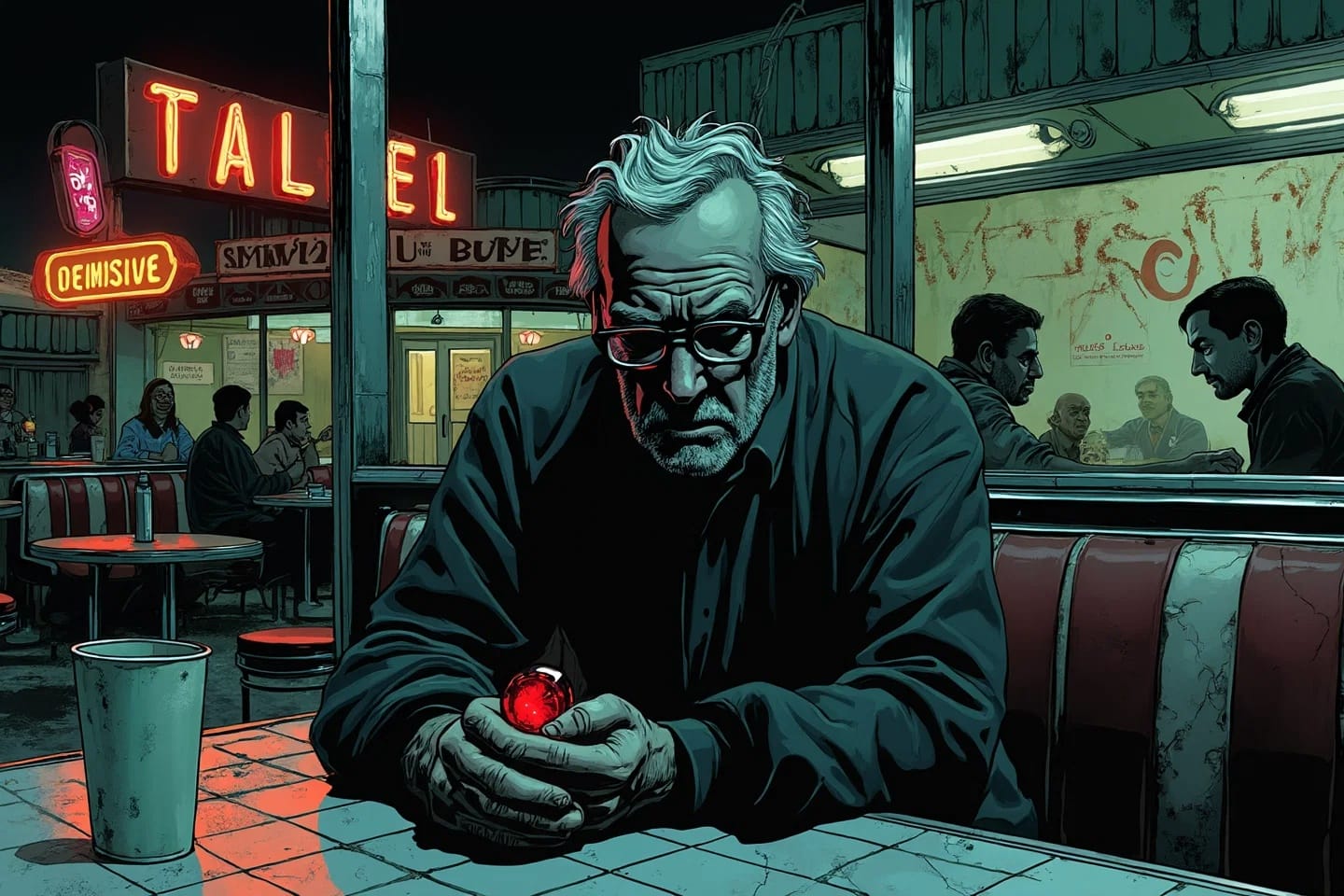
It is a multifaceted narrative that weaves together elements of mythology, folklore, and original storylines to create an expansive cosmology. At its core, it's about Dream (also known as Morpheus), one of the seven Endless, who personifies dreams and stories.
It can be argued that the Dream in his cosmology is the most important one of the Endless, mainly because of the fact that dreams shape our future in very specific ways.
In "The Sandman," we touch on the idea of dreams as an innovation in the 24-hour diner scene, which takes place in issue #6, "24 Hours," a provocative demonstration of the power of dreams, lies, and imagination to reveal uncomfortable truths and inspire innovation.
In this scene, one of Dream's mystical items, a ruby, falls into the hands of John Dee, who manipulates its power to trap people in a diner for 24 hours, causing them to enact their wildest fantasies, confess their deepest secrets, and eventually turn on each other in violent ways.
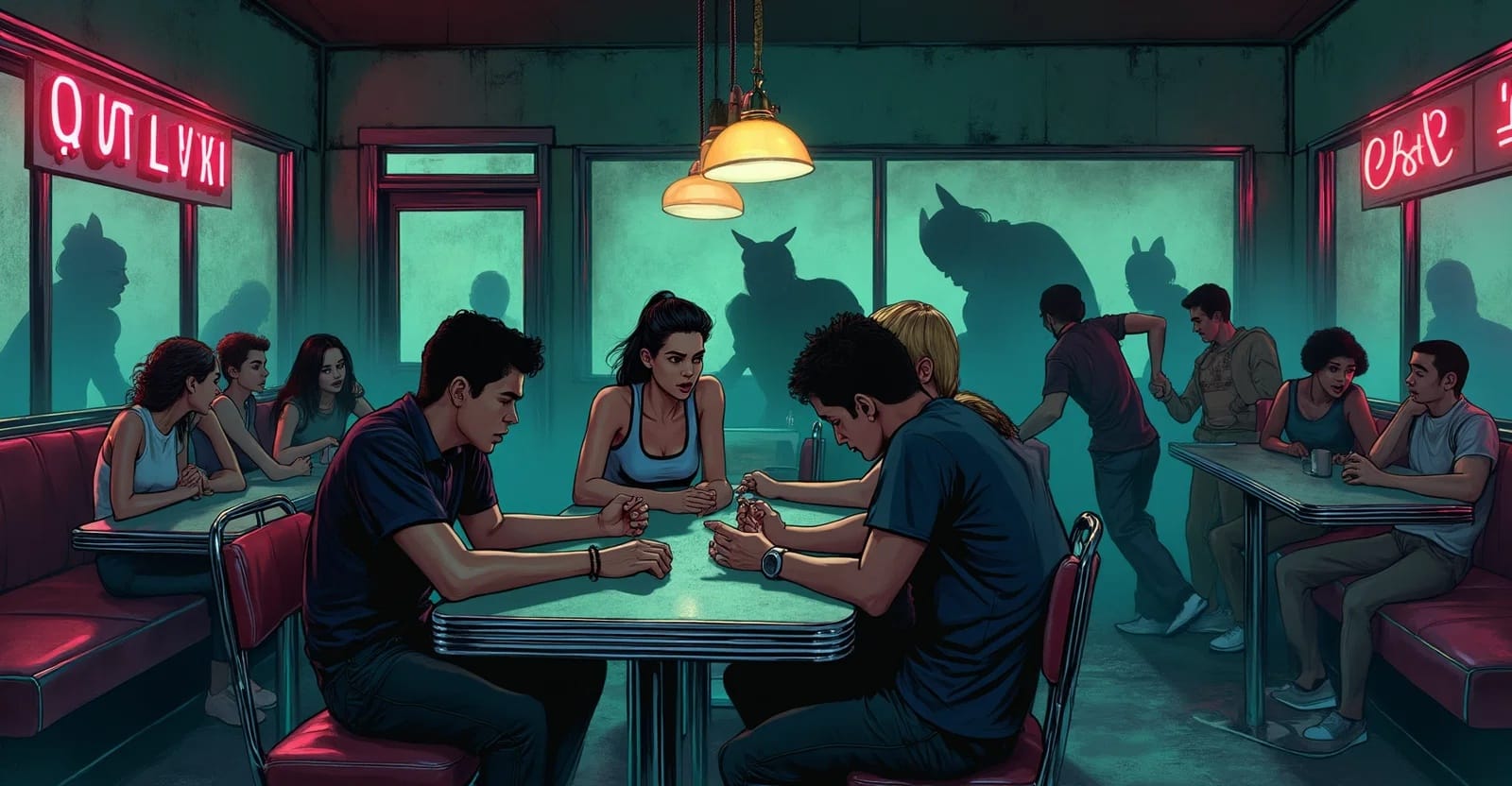
The diner scene provides a stark reminder of the role that dreams and lies play in our understanding of ourselves and the world around us. Dee's misuse of Dream's ruby distorts the occupants' perception of reality. As these individuals are forced to confront their deepest fantasies and lies (often interchangeable with dreams in the realm of the subconscious), we see the human imagination let loose in its raw, unfiltered form.
Dreams and lies, while seemingly antithetical to truth, are fundamental in the process of human innovation. Like the dreams manipulated by Dee, they compel us to question our reality, pushing the boundaries of what we believe is possible or acceptable. They represent our aspirations and our desire to reshape reality in our image.
In the same way, innovation is born from our dissatisfaction with reality and the lies we tell ourselves about what's possible. It is driven by our dreams of a better future, a better product, or a better understanding of our world. Without dreams, we wouldn't aspire; without lies that we tell ourselves, we wouldn't challenge the status quo.
In a twisted way, the 24-hour diner scene underscores this concept. While Gaiman's portrayal is dark, it serves to emphasize the tremendous power—and danger—of unchecked imagination. And yet, despite the tragedy, it also implicitly argues that without our capacity to dream and to lie, we would be devoid of our ability to innovate and create.
So, in essence, the 24-hour diner scene from "The Sandman" can be viewed as a metaphor for the chaotic, often painful process of innovation itself, fuelled by our dreams and our lies, pushing us beyond our comfort zones into new realms of discovery and understanding.
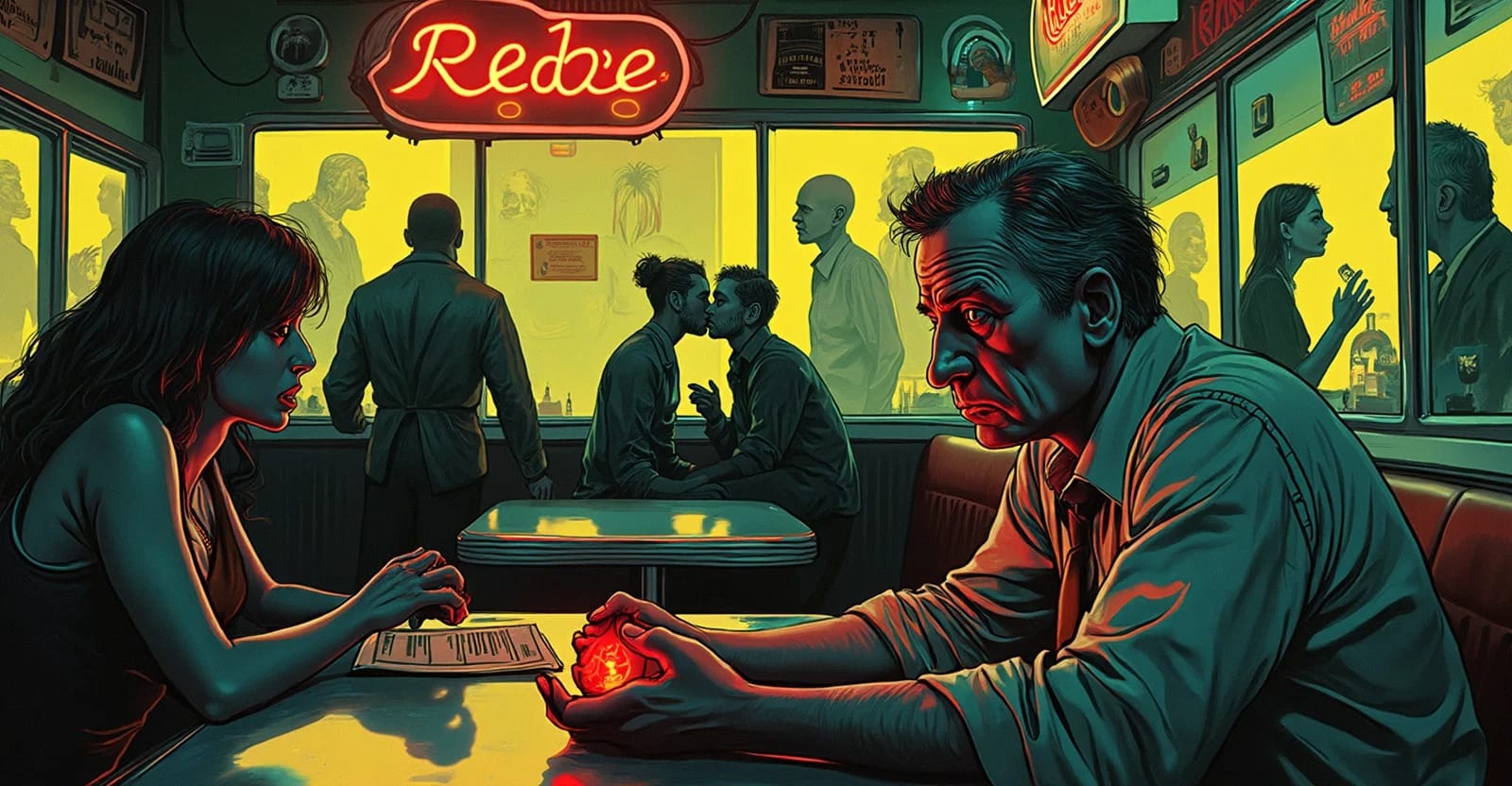
At the core of the scene is our ability to reshape reality into a story we are more comfortable with, so without people with a desire to escape or change their everyday realities, we would have no entrepreneurs or pioneers.
Today's world is more connected than ever, which feeds into our desires and insecurities and makes it easier than ever to live a fake it-until-you-make-it lifestyle, being able to paint a picture about your life that seems real and motivates you although it is not yet true.
This is also probably the reason people who seem sane were able to still accept hustle culture as a thing they want to be a part of.
Being perceived as someone else online is easier than ever, so the need for us to become entrepreneurs and incorporate everything associated with entrepreneurship culture into our lives.
This is why today we have so many wannabe entrepreneurs, who embrace the lifestyle more than the essence, which is also the reason that the go-to-jail rate of the Forbes 30 under 30 lists is steadily increasing.
We have been sold the CEO-as-lifestyle story and we bought into it.
The greedy monkeys now run Instagram accounts and want to be entrepreneurs.
